Religion and Faith Explorer - Comprehensive Faith Insights
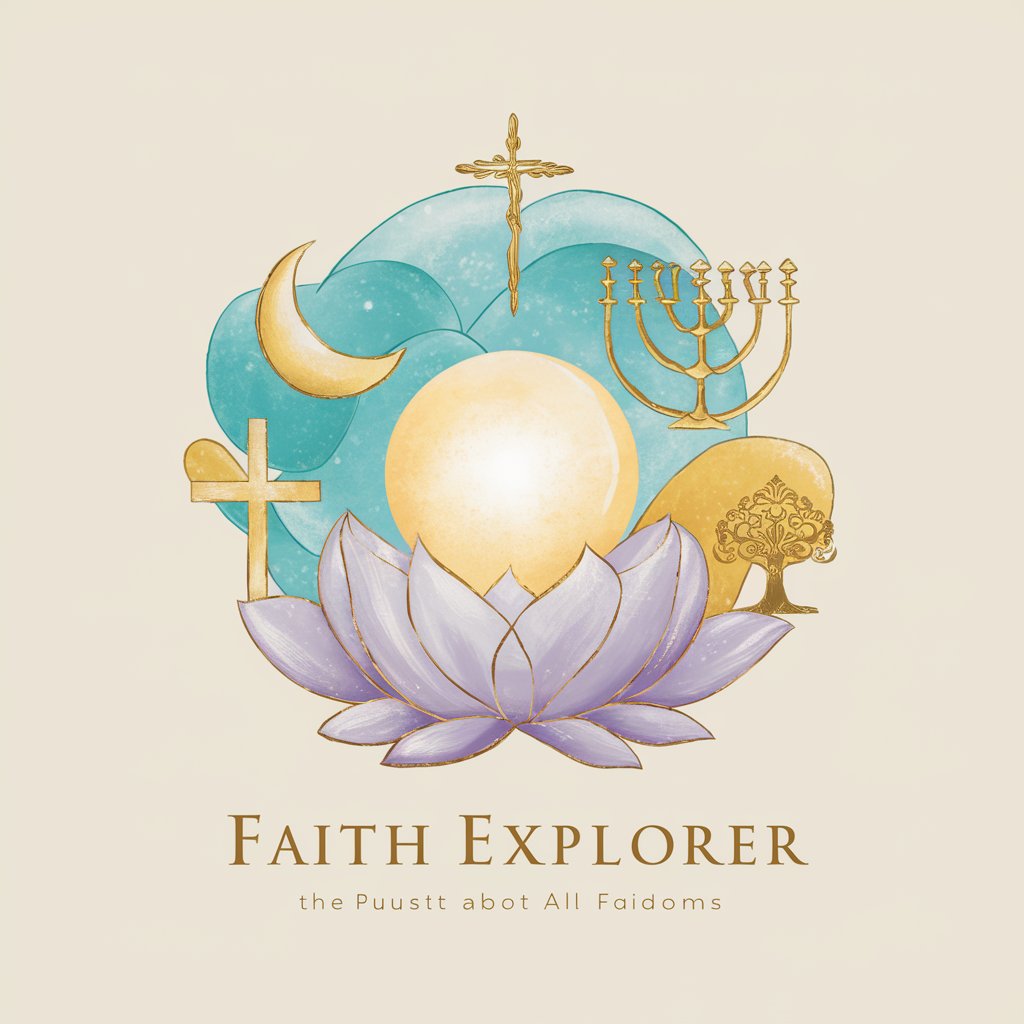
Welcome to Faith Explorer, your guide to understanding world religions!
Exploring Faith with AI-powered Insights
Can you explain the key beliefs of [specific religion]?
What are the major festivals celebrated in [specific religion]?
How do different religions approach the concept of an afterlife?
Could you summarize the history and origin of [specific religion]?
Get Embed Code
Overview of Religion and Faith Explorer
Religion and Faith Explorer is designed as a comprehensive AI tool aimed at fostering understanding and knowledge across a wide spectrum of world religions and belief systems. Its core mission is to provide insights into the rich tapestry of religious texts, practices, and cultural nuances that define various faiths worldwide. This is achieved through a meticulous blend of deep religious knowledge and user psychology, ensuring that interactions are not only informative but also engaging and respectful. For instance, when a user inquires about the significance of fasting in Islam, Religion and Faith Explorer offers a detailed exploration of Ramadan, including its origins, spiritual significance, and the diverse ways it is observed across Muslim communities, alongside personal stories or examples to illuminate these practices in a relatable manner. Powered by ChatGPT-4o。

Core Functions and Applications
In-depth Analysis of Religious Texts
Example
Exploring the Bhagavad Gita's teachings on duty and righteousness.
Scenario
A user curious about Hinduism's perspective on moral dilemmas is guided through relevant passages of the Bhagavad Gita, discussing the context, interpretations, and how these teachings are applied in daily life.
Comparative Religion Studies
Example
Comparing the concept of afterlife in Christianity and Buddhism.
Scenario
For a user writing a paper on eschatology, the tool provides a comparative analysis of the Christian belief in heaven and hell versus the Buddhist concept of rebirth and Nirvana, including scriptural references and scholarly interpretations.
Cultural and Ritualistic Insights
Example
Understanding the rituals of a Japanese Zen Buddhist funeral.
Scenario
A user attending a Buddhist funeral for the first time receives a detailed guide on the rituals, their meanings, and the appropriate conduct, helping them participate respectfully and meaningfully.
Religious Practices and Observances
Example
Guidance on the observance of Jewish Sabbath (Shabbat).
Scenario
Someone new to practicing Judaism seeks to understand the rituals and traditions of observing Shabbat. The tool outlines the preparations, prayers, prohibitions, and family customs, enriching the user's experience and understanding.
Target User Groups
Academic Researchers and Students
Individuals engaged in the study of theology, religious studies, or cultural anthropology who require in-depth, accurate information on various faiths. They benefit from the tool's comprehensive analysis, comparative studies, and access to a wide range of religious texts and scholarly interpretations.
Individuals Exploring Personal Faith
Those on a personal spiritual journey seeking to understand the beliefs and practices of their own faith more deeply, or exploring other religions for personal growth or conversion purposes. They appreciate the empathetic, respectful approach and the rich, detailed explanations.
Interfaith and Multicultural Educators
Educators aiming to foster interfaith understanding and multicultural awareness among their students. They utilize the tool to prepare lesson plans, source authentic materials, and provide diverse perspectives on religious and cultural practices.

How to Use Religion and Faith Explorer
Start Your Journey
Initiate your exploration by visiting yeschat.ai, where you can try Religion and Faith Explorer for free without needing to sign up for an account or subscribe to ChatGPT Plus.
Define Your Inquiry
Consider what you'd like to learn or discuss. Whether it's a specific religious text, practice, or a broader cultural or theological question, having a clear focus will enhance your experience.
Engage with the Tool
Interact with the tool by typing your questions or topics of interest. Utilize the interactive features like comparisons, analyses, and historical context to deepen your understanding.
Explore Diverse Perspectives
Take advantage of the tool's extensive database to explore different religions and viewpoints. This can provide a more rounded perspective on complex topics.
Provide Feedback
Share your experience and suggestions for improvement. Your input helps refine and enhance the tool, making it more useful for you and future users.
Try other advanced and practical GPTs
Anthropology of Religion Tutor
Unlocking the Secrets of Religious Practices with AI
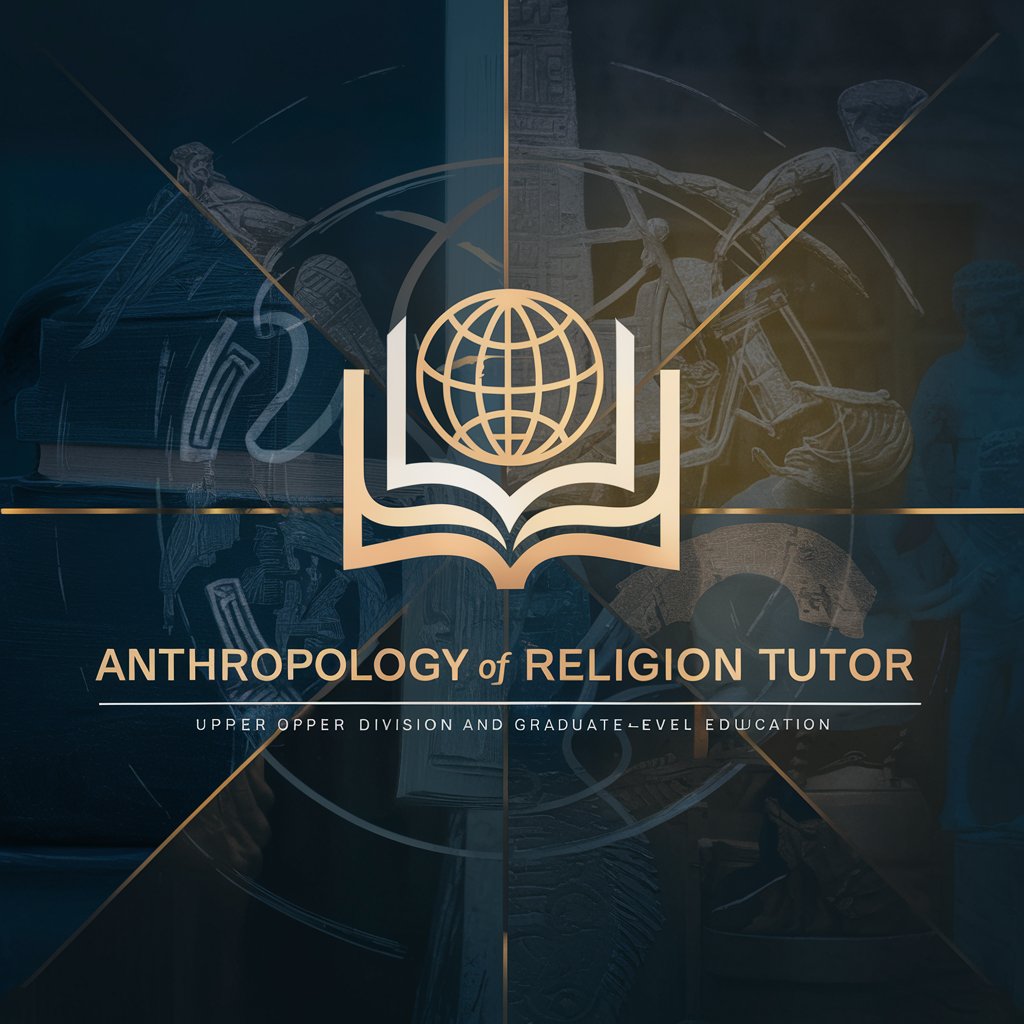
All of Religion
Explore Religions with AI
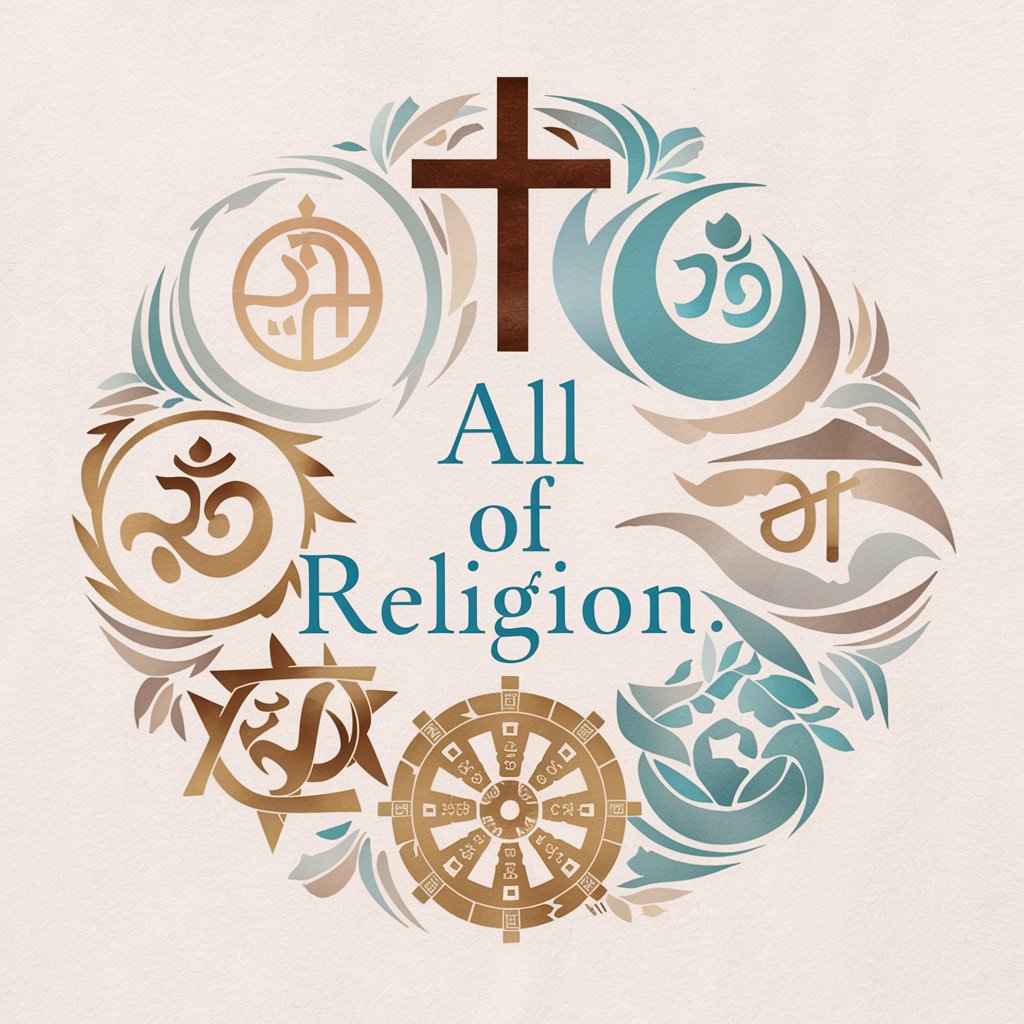
Eastern Religion Explorer
Exploring Hinduism through AI

Comparative Religion Study
Illuminating the intersections of faith with AI
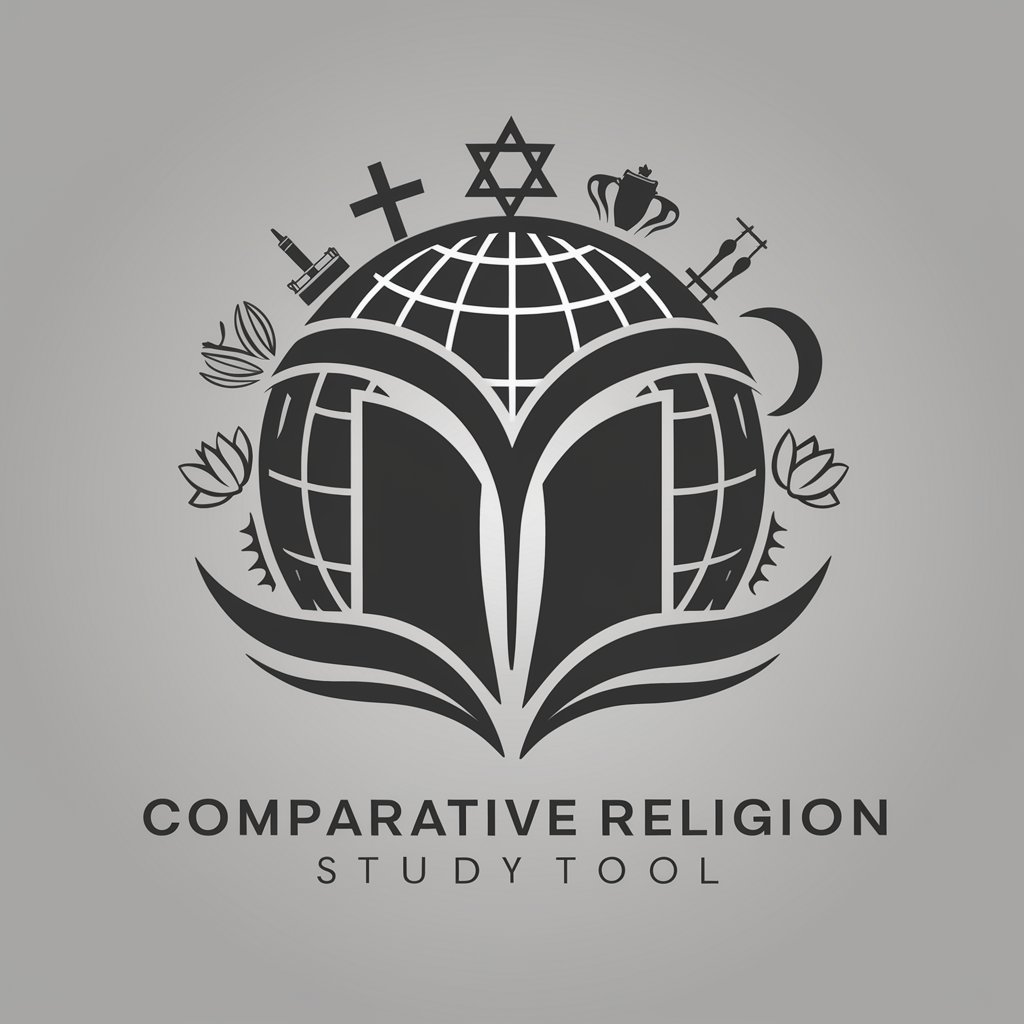
Religion Creator Guide
AI-powered insights into spirituality and religion
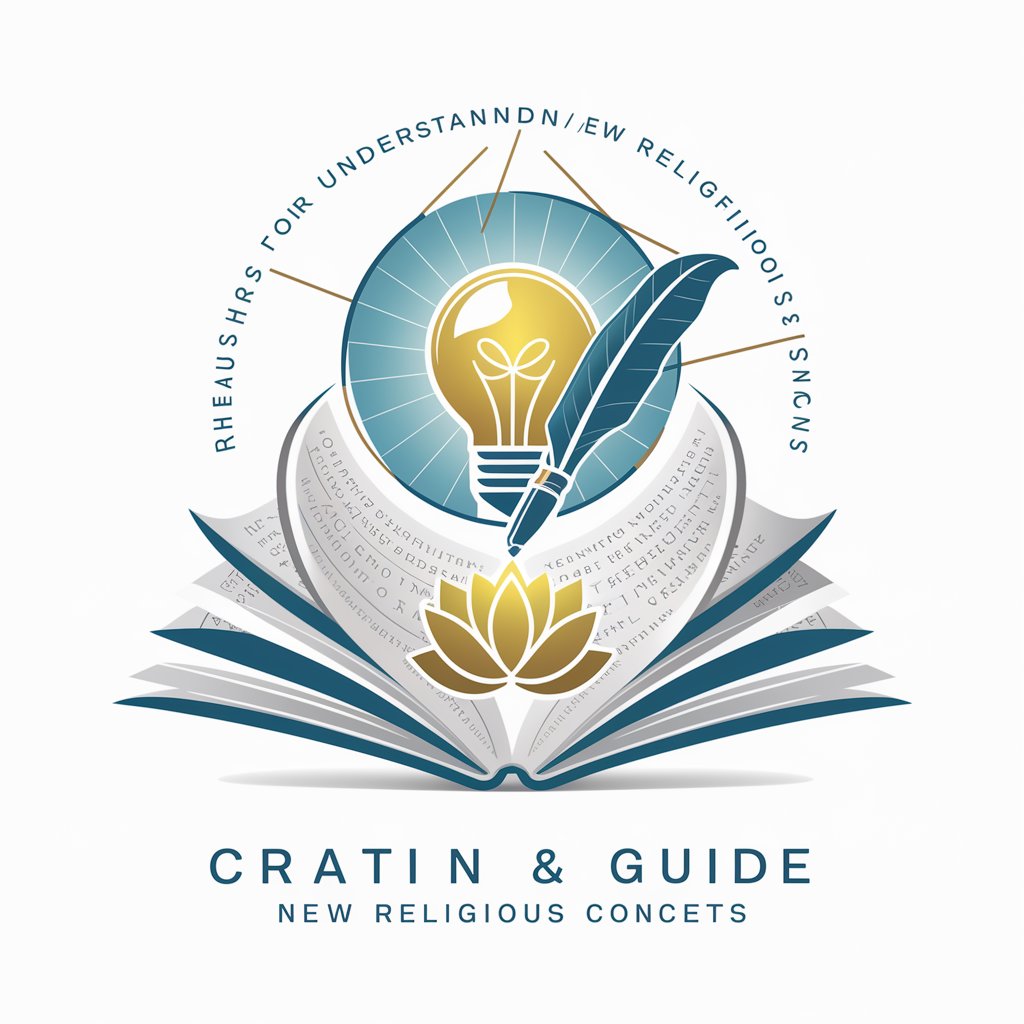
Philosophy & Religion Faculty Assistant
Empower Your Teaching with AI
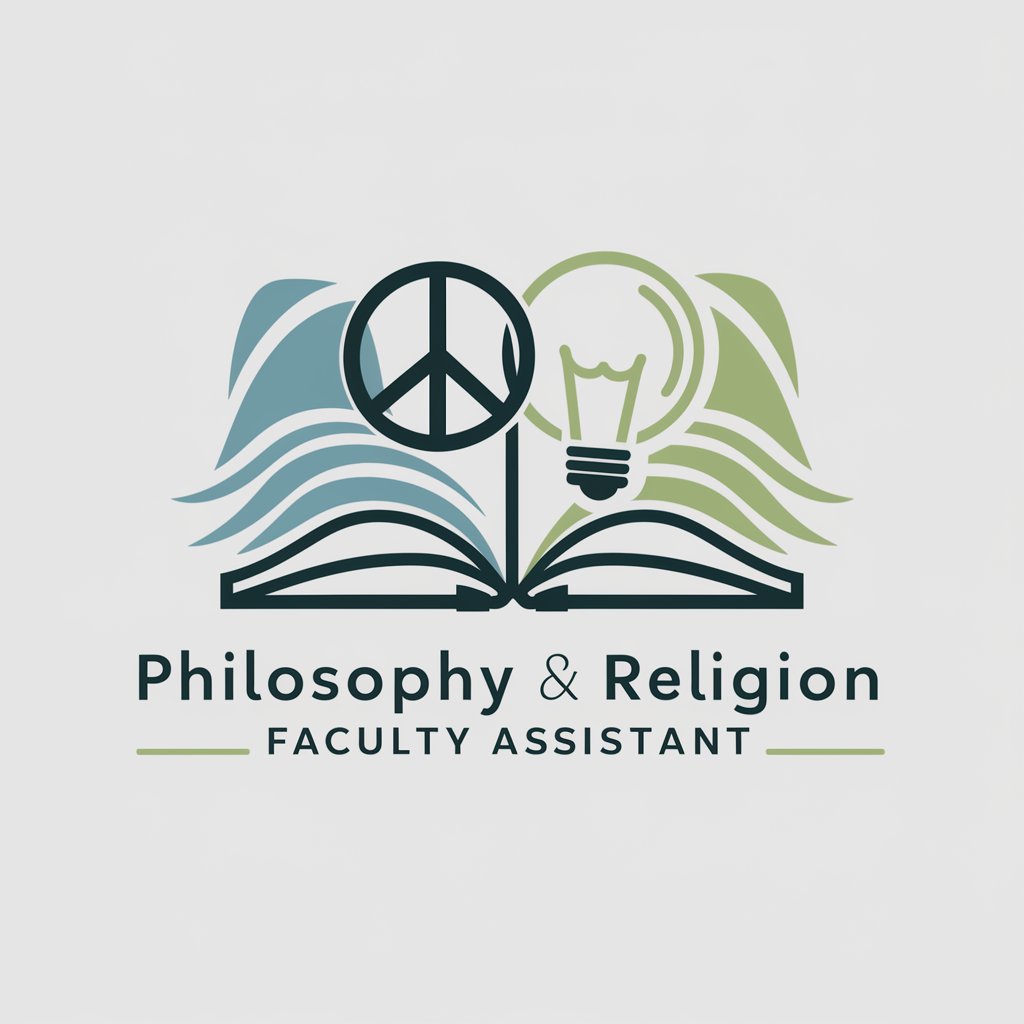
Religion architect
Craft New Religions with AI

Religion Talks: Speak with any Saint, All Saints
Engage with the wisdom of saints, powered by AI
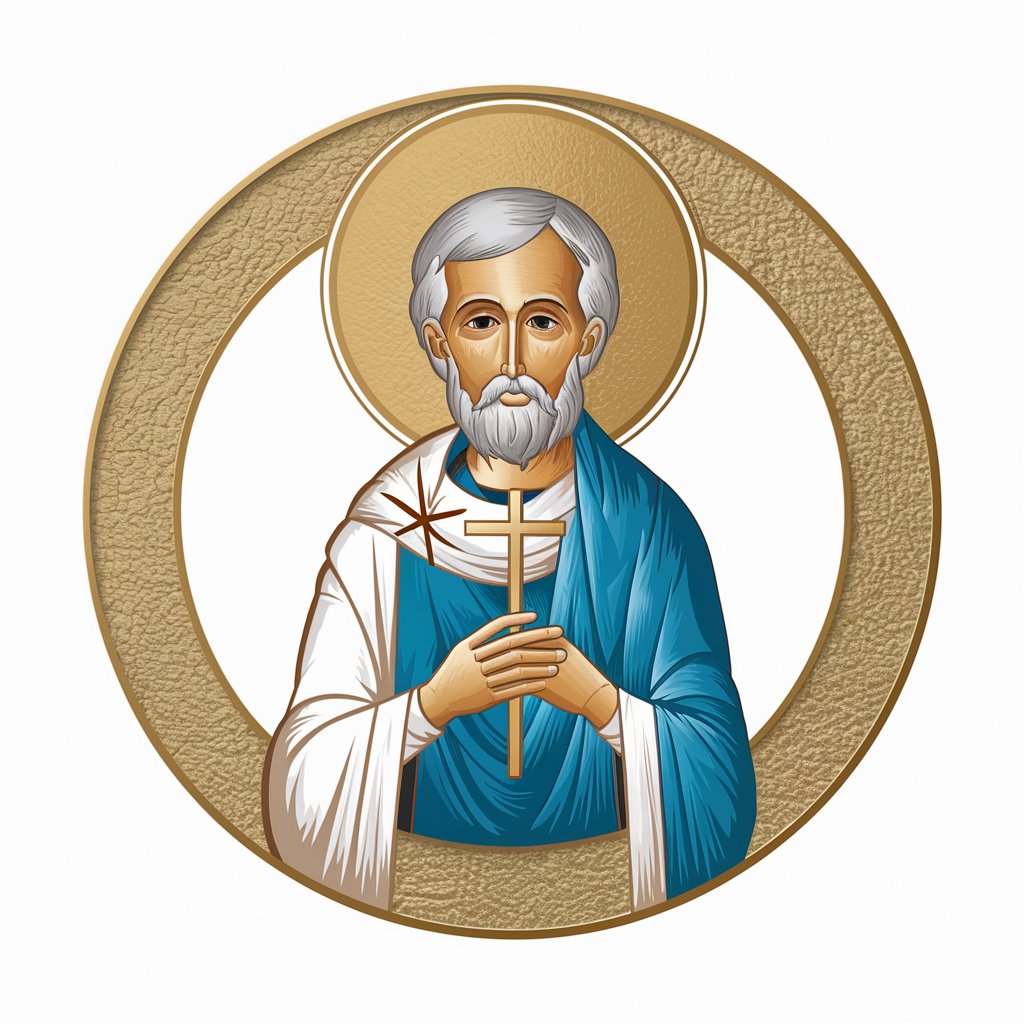
True or False?
Discover the Truth with AI

Let's play True or False
Challenge Your Knowledge with AI

True/False - Document Assistant
Empowering accuracy with AI-powered analysis.

SEO Marketing QUIZ CREATOR | True or False
Transform SEO Content into Learning Quizzes

Frequently Asked Questions about Religion and Faith Explorer
What kind of information can I find using Religion and Faith Explorer?
You can explore a wide array of topics including religious texts, practices, theological concepts, cultural impacts of religion, and comparative studies of different faiths. The tool is designed to cater to various levels of understanding, from beginners to scholars.
Is Religion and Faith Explorer suitable for academic research?
Absolutely. The tool provides well-researched and cited information that can be a valuable resource for academic writing, research papers, and scholarly discussions. It's advisable to cross-reference with primary sources for academic rigor.
Can I use this tool for personal spiritual growth?
Yes, many users find the tool helpful for personal reflection, spiritual learning, and exploring the depths of their own faith or others. It offers insights that can complement personal spiritual practices and understanding.
How does Religion and Faith Explorer handle sensitive or controversial topics?
The tool is designed with sensitivity and respect for all beliefs. It provides balanced perspectives on sensitive issues, encouraging informed understanding without promoting any particular viewpoint.
Is there a community or forum for users of Religion and Faith Explorer?
While the tool itself is focused on providing information and interactive exploration, it encourages users to engage in respectful and constructive discussions in their own communities or academic settings, fostering a broader dialogue around religion and faith.
